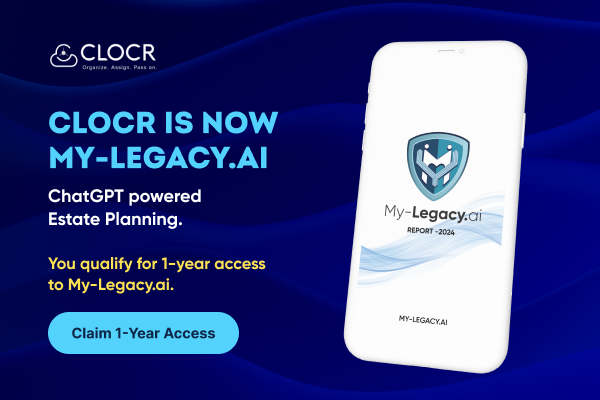Over the years our lives have transitioned to a Digital First lifestyle. As a result, many institutions are part of our digital life. For instance, online banking, social media account, and online shopping are part of our digital first life. These assets are intangible and are collectively known as Digital Assets.
Today, a considerable part of our lives are spent online and we continue to multiply our Digital Assets. This also brings us to the responsibility of identifying and providing access to our Digital Assets after our demise.
Thus, we are here to help you with identifying your Digital Assets and figuring out who will inherit them. So, let’s start with identifying them.
What are your Digital Assets?
In simple words, your Digital Assets are your social media accounts, cloud storage, online shopping accounts, Netflix Account, Amazon account, etc. Basically, any account you create on the internet can be a part of your Digital Assets.
Now, you must be wondering why are they an asset? And, why should you concern yourself in securing or passing them on to your family members? Well! Your online accounts are an integral part of your life. You share memories, photos, achievements, and whatnot through your social media accounts.
So think of it this way: these photos and memories will hold a great sentimental value to your family members after you are gone. But, some of your Digital Assets might also hold financial value, for eg; your crypto wallet. Thus, these online assets can be a great deal to your family members after your death.
You might be interested in:
Who can access your Digital Assets?
Different digital platforms have different policies regarding who can access your account after your death. And, here are some of them:
Since 2009, Facebook has allowed its users to memorialize their accounts. All you need to do is go to their Memorialization Settings and designate a “Legacy Contact” to manage your account after your death. Your Legacy Contact can access your account and submit a request to initiate the memorialization process. But, you can also choose to delete the account instead
As you might know, Facebook owns Instagram so the process is quite similar. However, there is no Legacy Contact setting on Instagram. But, someone from your family can send a request for memorializing your Instagram account. All they have to do is provide proof of death. But, remember only your immediate family members can request memorialization or deletion of your Instagram account.
LinkedIn’s account management process is quite formal. Similar to Instagram, your family member can submit a request for memorialization or deletion of your account. The person needs to submit a copy of the death certificate and maybe some additional information about you.
Twitter is a bit more complex than others. Only Executors have the option to request account deletion or leave it active by contacting the company. However, Twitter has announced a plan for including memorialization settings, but nobody can tell when it will happen.
These were a few social media platforms and their policies regarding who can access a deceased person’s account. However, each of them has made it clear that they can’t provide the Login information of a deceased person. Thus, it’s your responsibility to create a Digital Estate Plan and includes all the important information your loved ones may need to access your account after your death.
Having a Digital Estate Plan ensures your Digital Assets are secured even after your death. But, most importantly it makes sure your family member can access and inherit your Digital Assets.
So join us at Clocr today to learn more about Digital Assets and Digital Estate Planning!

